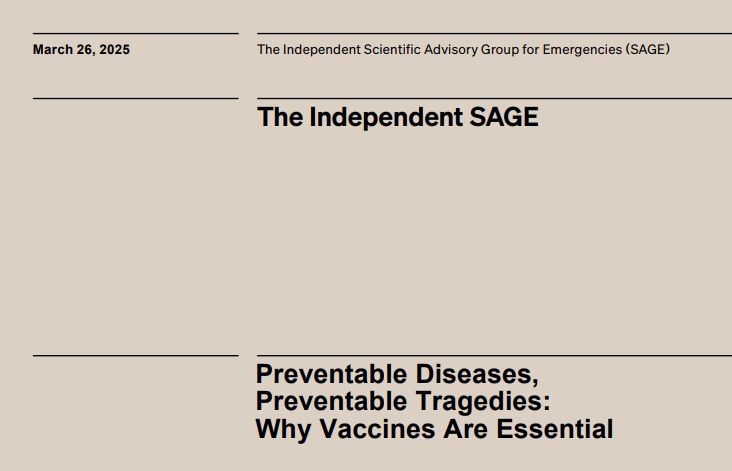Dr Zsófia Demjén
@zsofiademjen.bsky.social
250 followers
320 following
15 posts
Associate Professor at UCL Centre for Applied Linguistics (she).
Language & illness: vaccination, psychosis, cancer, depression | humor, metaphor, (im)politeness, pronouns, negation, narrative, corpus linguistics
Posts
Media
Videos
Starter Packs
Reposted by Dr Zsófia Demjén
Brigitte Nerlich
@bnerlich.bsky.social
· Jul 28

Making science songs
I wrote what follows in 2012. Now it's 2021, I can't believe it, and we are living in a time when science has become a matter of survival. We are living through the Covid-19 pandemic and vaccines have been developed at speed to help us get out of this mess. Music and songs have helped us along the way, just like science.
makingsciencepublic.com
Reposted by Dr Zsófia Demjén
UCL News
@uclnews.bsky.social
· Jun 20

Academic named a BBC 2025 New Generation Thinker
Dr Beth Malory (UCL English) will join five other early career researchers chosen by the BBC and the Arts and Humanities Research Council (AHRC) to shape programming on BBC Radio 4, bringing new ideas...
www.ucl.ac.uk
Reposted by Dr Zsófia Demjén
Reposted by Dr Zsófia Demjén
Reposted by Dr Zsófia Demjén
Elizabeth Stokoe
@lizstokoe.bsky.social
· Apr 28
Reposted by Dr Zsófia Demjén
Reposted by Dr Zsófia Demjén
Reposted by Dr Zsófia Demjén
Reposted by Dr Zsófia Demjén











